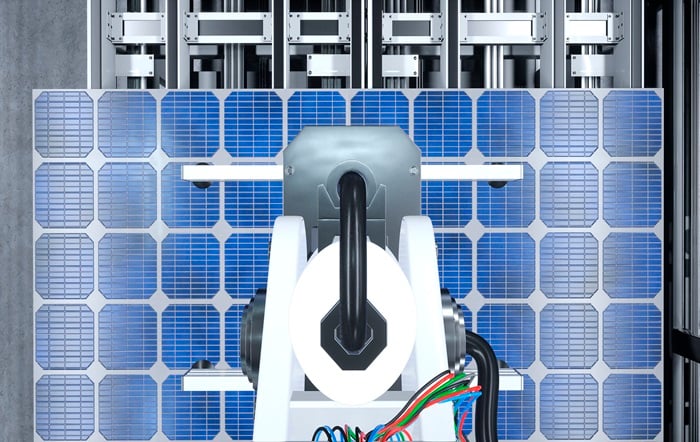The Brazilian Financing Agency for Studies and Projects (Finep) and the National Bank for Economic and Social Development (BNDES) launched a public call on Tuesday, January 7, to foster business plans promoting the transformation of strategic minerals in Brazil. The initiative aims to boost the development of sustainable production chains aligned with energy transition and decarbonization goals.
The program has a budget of BRL 5 billion, encompassing credit lines, equity participation in companies, and non-repayable funds. Investments will focus on expanding production capacity and encouraging research, development, and innovation (R&D&I). The initiative seeks to strengthen supply chains for minerals such as lithium, rare earths, nickel, graphite, and silicon while stimulating the production of components like battery cells, photovoltaic cells, and permanent magnets.
Focus on innovation and industrialization
The call supports both large-scale industrial plants and pilot or demonstration facilities. It also includes studies and research aimed at enabling new industrial capacities, considering different project stages and technologies involved. The expectation is that the public call will leverage investments five to ten times the initially allocated amount.
Brazil stands out globally in the production of strategic minerals, with the largest reserves and production of niobium, the second-largest natural graphite reserve, and the third-largest reserves of nickel and rare earths. These advantages, combined with affordable clean energy, position the country as a potential leader in providing sustainable, low-carbon materials.
Advancements and Brazil’s potential
The recent operationalization of large mines and the accelerated growth in lithium and rare earth production further underscore Brazil’s role in supplying critical materials for the energy transition. Finep President Celso Pansera highlighted the country’s strategic importance:“Brazil, with its scientific advancements and vast mineral reserves, is uniquely positioned to lead the global energy transition. Our goal is not just to supply raw materials but to play a leading role in building a sustainable future with technologies that strengthen a green, low-carbon economy”.
BNDES President Aloizio Mercadante emphasized the initiative’s impact on mobilizing the entire supply chain: “The public call aims to bring together miners, technology developers, and component manufacturers, offering the best financing options. This is a significant step in Brazil’s industrial policy and ecological transformation plan”.
Growing Demand and Competitive Advantages
Brazil’s robust domestic market, with substantial wind and solar energy generation capacity and an automotive sector transitioning to electrification, underscores its consumption potential. These factors, coupled with rising international demand, establish Brazil as a strategic destination for investments in refining, metallurgy, and high-value material production.
Planned applications include rare earth oxides for wind turbines and electric vehicle motors, lithium and nickel chemicals, purified graphite materials, and niobium oxides for batteries and solar energy generation. The initiative aims to position Brazil as a leading global supplier of essential technologies for energy transition and sustainable development.







